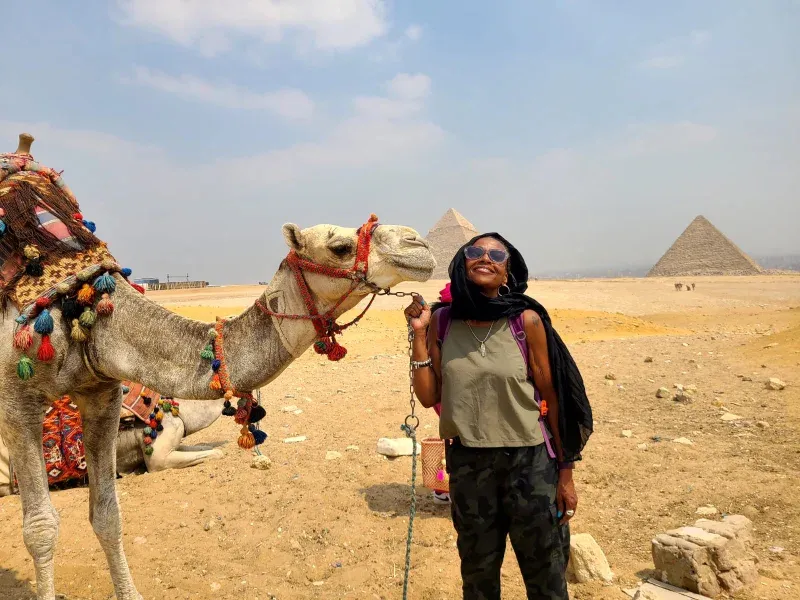Is travel in Egypt safe? Short answer: yes — for most visitors who stick to well-trodden routes, follow common-sense precautions, and stay updated on official advice. Egypt’s tourism backbone — Cairo, the Giza Plateau, Luxor, Aswan, the Nile, and the Red Sea resorts — remains open and busy with visitors enjoying ancient temples, river cruises and beach escapes. Still, the country sits in a complex region and occasional incidents, demonstrations, or security changes do happen. That’s why smart planning — checking government travel advice, booking trusted local guides, and avoiding restricted or unstable zones — matters more than ever. Egypt Top Tours recommends travelers read up, register with their embassy, and build a flexible itinerary so you can enjoy iconic sites confidently and responsibly.


